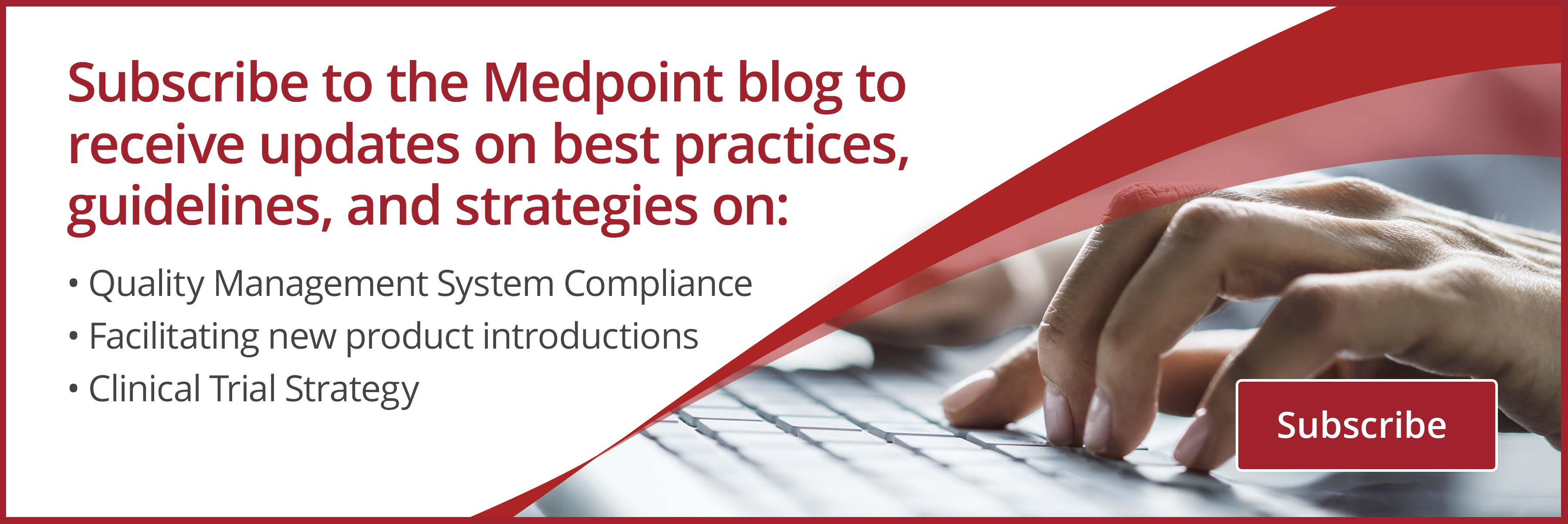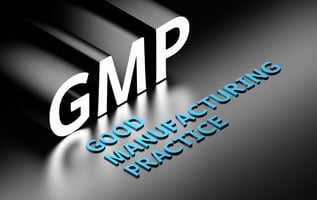Creating an effective quality system (QS) requires a significant investment of time and resources....
How to Compare Regulatory Consultants
When it comes to ensuring compliance and avoiding FDA warning letters, regulatory affairs consultants are an excellent option. Choosing the right consultant can help your organization avoid compliance problems and improve the time-to-market for your product.
You may be choosing between two or three consultants or trying to find a perfect match among 20 qualified candidates. Without a system to compare them, it can be a tough choice to make.
Here are some of the criteria to use when checking resumes and asking interview questions.
Expertise
A regulatory consultant’s success hinges largely on having a mix of both general and sector-specific knowledge.
General Knowledge
Consultants should have general knowledge about regulatory affairs, but the generic experience isn't always sufficient to get the job done for your specific needs. However, it is necessary to help your organization create a solid regulatory strategy.
An expert should know how to:
- Plan and organize work effectively.
- Maintain confidentiality and security of information.
- Understand risks associated with non-compliance.
- Work with other team members to create a regulatory strategy.
- Implement best practices in regulatory writing.
General knowledge can help the regulatory affairs expert navigate any regulatory framework.
Sector-Specific Knowledge
Besides general knowledge in regulatory affairs, the consultant must have sector-specific knowledge with regulations for your sector as well as:
- Other legal requirements.
- Risk management principles, methods, and techniques.
- Product-specific knowledge.
- Experience with regulatory submissions in a specific area.
- Product designs or specifications to determine the best regulatory pathway.
While going over the resume and speaking with candidates, check for knowledge and experience related to your particular sector.
Experience
Before hiring a consultant, find out how many years of experience they have. The most qualified candidates usually have several years of consulting work under their belts.
The best candidates for your needs will have experience with:
- Working on projects similar to yours.
- Relevant regulatory bodies and regulatory submissions.
- Consulting with similarly-sized companies
The years of experience aren't as important as the consultant's specific experience with your sector's regulatory pathways and certification frameworks. For example, an experienced pharma consultant may not be suitable for an organization that focuses on medical devices.
Suitability
The regulatory affairs consultant should suit the needs of your organization since the nature of the job changes depending on the companies:
- Size — smaller companies may need assistance with the entire regulatory process while larger companies could hire consultants for specific needs.
- Complexity — the organization's complexity may dictate the necessary level of knowledge and experience of the consultant.
- Organization — some companies may already have regulatory experts and require an extra hand. Others may require external assistance for all aspects of compliance.
- Objectives — the consultant's work depends heavily on the company's goals (e.g. improved regulatory structure vs. passing an ISO audit).
You don’t want to have to spend valuable time educating the expert about your organization if they don’t have relevant experience.
Behavior
The consultant's behavior is imperative to smooth collaboration with your team. During the interview, you can ask the following behavioral questions:
- How did you handle the last conflict you had while working in a team?
- Can you describe a time when you wished you handled something differently?
- What did you do the last time your responsibilities seemed overwhelming?
- How do you handle working under close supervision?
- What have you learned from mistakes during your last project?
These questions can help you understand how the regulatory consultant acted in prior engagements. By analyzing these answers and asking other questions you can figure out if this expert is a good choice for your team.
Accreditation
Regulatory consultants should have appropriate accreditation. The most well-known is RAC (Regulatory Affairs Certification). To be certified, a candidate must prove expertise in one of the two sectors, medical devices or pharmaceuticals. After passing the exam, the consultants are eligible to put "RAC" after their name.
To take the test for regulatory affairs accreditation, the candidates should have:
- Bachelor's degree + three years of regulatory experience
- Master's degree + two years of regulatory experience
- Doctoral degree + one year of regulatory experience
Besides checking the certification, find out if the candidate's undergraduate and graduate degrees are relevant to the product you are developing.
By working with a certified professional, you improve the chances of achieving your regulatory compliance objectives.
The Takeaway
Choosing the right regulatory consultant could mean the difference between a successful product submission and an FDA warning letter.
The above criteria can help you compare candidates and choose the best expert for your organization's needs. Depending on your company's objectives, some of these criteria may be more important than others.
If you'd like to learn more about choosing the best regulatory consultant for your organization, subscribe to our blog.




